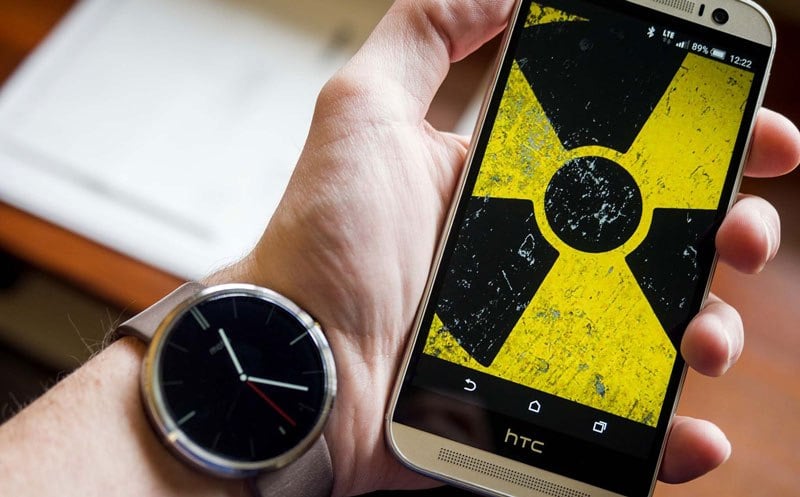85% are concerned about the side effects of exposure to any form of radiation, from Smartphones, but even for medical reasons.
ΟMost Greeks say they are concerned about their radiation exposure (85%). The main reason they cite is the fear of the possible consequences on their health (79%). Mobile antennas (59%) and mobile phones (57%) are the two sources of electromagnetic radiation that cause the most concern. Also, three out of four Greeks (74%) say they are against the use of nuclear energy, while only one in five are in favor.

These emerge from the first nationwide public opinion survey on radiation conducted by the Hellenic Atomic Energy Commission (GAEC) in the framework of the program "Evaluation of activities at national level for protection against ionizing and non-ionizing radiation - Actions", with the code name "AVRA".






